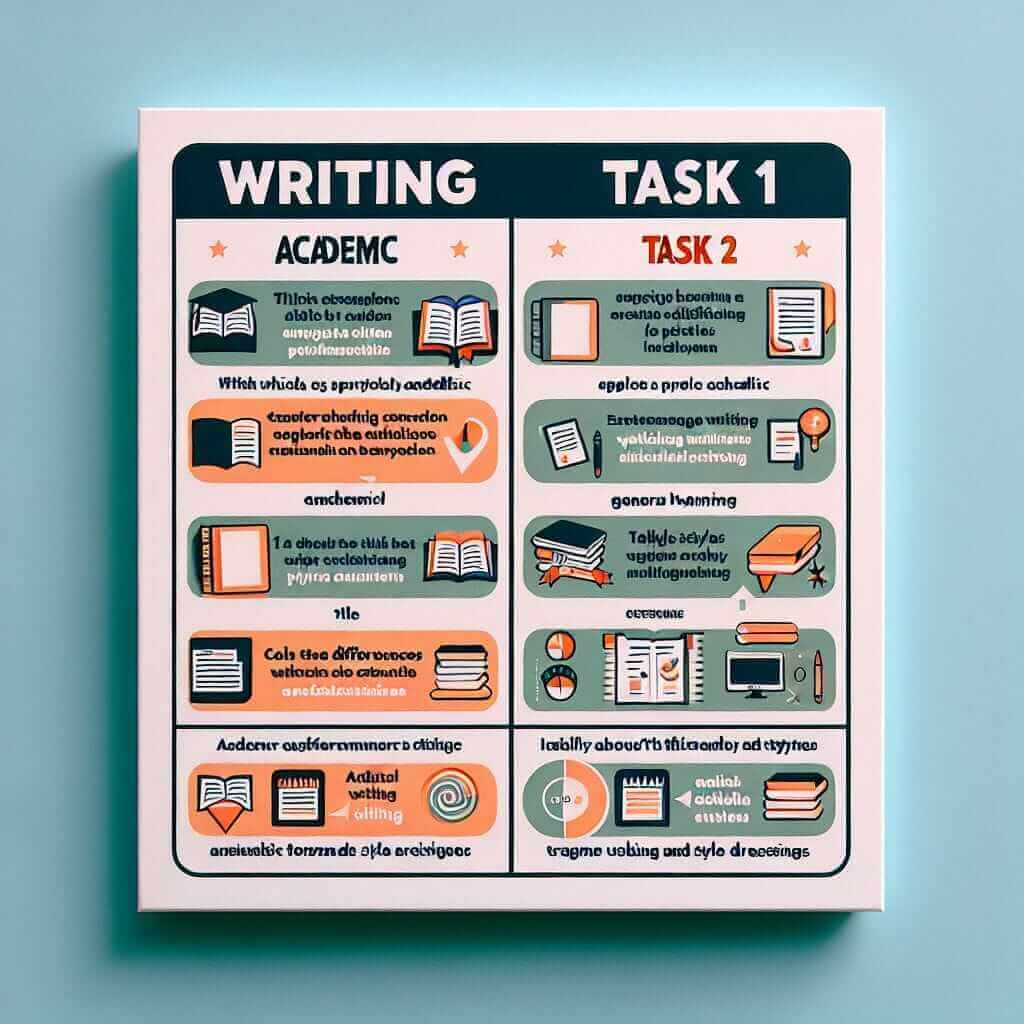As an IELTS instructor with over 20 years of experience, I often encounter this question from my students. While the IELTS Writing tasks aim to assess your ability to express ideas clearly and cohesively, the use of personal pronouns like “I” and “you” can be a bit tricky. Let’s demystify this and equip you with the knowledge to approach your IELTS essays confidently.
Understanding the Task Types
The key to deciding whether to use “I” or “you” lies in understanding the nuances of each Writing task:
IELTS Writing Task 1 (Academic)
This task requires you to describe, summarize, or explain visual information presented in a graph, chart, table, or diagram. The focus is on your ability to objectively report the data.
Should you use “I” or “you”? It’s best to avoid both. Keep the tone impersonal and academic.
Example:
Instead of: “As you can see from the graph, the number of students increased dramatically.”
Write: “The graph illustrates a dramatic increase in the number of students.”
IELTS Writing Task 2 (Academic & General Training)
This task requires you to provide your perspective on a given essay topic. You need to present a well-structured argument supported by relevant examples.
Should you use “I” or “you”? This is where it gets a bit nuanced.
-
“I”: Using “I” is generally acceptable, especially when expressing your own opinions or experiences. However, avoid overusing it, which can make your essay sound too informal.
-
“You”: It’s best to avoid using “you” in a general sense. Addressing the reader directly can come across as too informal or even accusatory.
Example:
Instead of: “You might think that technology is always beneficial.”
Write: “It is often argued that technology has numerous benefits.”

Tips for Success
- Focus on objectivity in Task 1: Maintain a neutral and impersonal tone when describing visual data.
- Use “I” sparingly in Task 2: Express your opinions directly but strive for a balanced and academic tone.
- Avoid generalizing with “you”: Instead, use more formal expressions like “people,” “individuals,” or “one.”
- Expand your vocabulary: Familiarize yourself with a range of academic phrases to present your arguments effectively.
- Practice makes perfect: The more you write, the more confident you’ll become in choosing the appropriate tone and language for each task.
Conclusion
While there are no strict rules against using “I” or “you” in IELTS Writing, understanding when and how to use them appropriately is crucial. By focusing on objectivity in Task 1 and using personal pronouns judiciously in Task 2, you can effectively demonstrate your language proficiency and achieve a high band score.